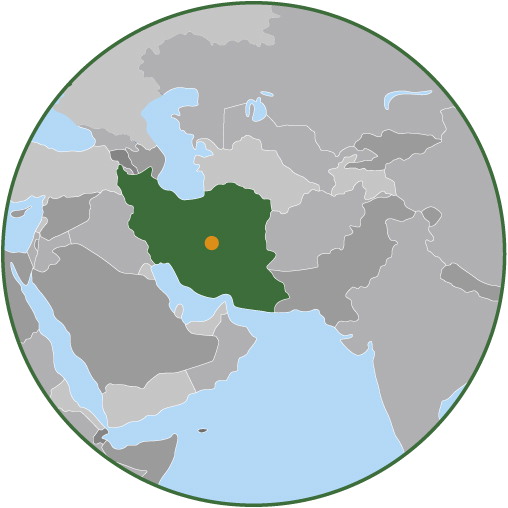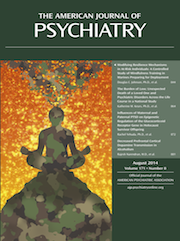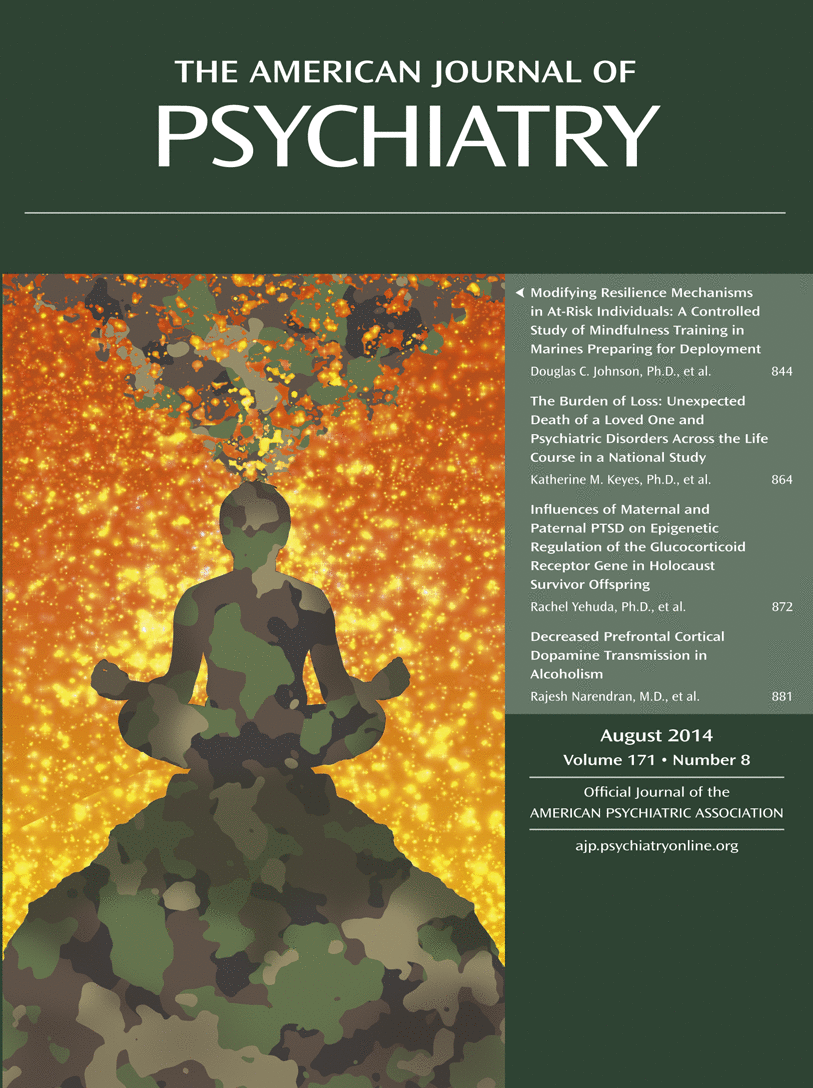Ms. M, a 30-year-old Shia Muslim woman living in a city in western Iran near the Iran-Iraq border, presented with moderate to severe depressive symptoms. She reported severe sadness on most days during the past 6 months. She also reported irritability, sleep disturbance, fatigue, excessive thoughts of death, and feelings of worthlessness and guilt. She denied any suicidal ideation, and noted that she thought that “suicide is a great sin.”
In her past psychiatric history, she had the same symptoms for at least 10 years, with fluctuations and a few months of complete remissions. She had seen psychiatrists several times and had undergone several courses of various antidepressant medications, including selective serotonin reuptake inhibitors and tricyclic antidepressants, but was not satisfied with any of them. She had not received any psychotherapy.
She reported no general medical conditions but complained of several years of diffuse body pains. She reported no substance abuse.
Ms. M had been an only child. She later revealed that when she was young, she realized that her mother had an affair. Her father frequently worked night shifts and was not home most evenings. Between ages 4 and 12, she witnessed her mother’s relationship with the other man, which made her feel deeply sad because she could not say anything about it to her father.
Ms. M lived as a housekeeping wife with her husband, who worked at a local organization. She seemed to be fairly religious. Several times a month, she attended religious ceremonies in which she led the ceremony and sang sad songs according to her Shia Muslim tradition.
At the first interview, she was diagnosed as having major depressive disorder, recurrent, and her psychiatrist recommended treatment with cognitive-behavioral therapy (CBT), which she accepted. In her CBT sessions, a key cognition that emerged as a contributor to her depression was her identification with Fatimah, the daughter of the Prophet Muhammad.
According to Shia beliefs, the Prophet Muhammad and his daughter Fatimah were very close; the Prophet sometimes kissed her hand and said to his companions, “Fatimah is a part of me, so anyone who upsets her upsets me.” After the Prophet died, Fatimah, now a young woman, became very sad, and the unpleasant conflicts over the Prophet's succession increased her sadness and dissatisfaction. She remained sad until her death, which followed soon after her father's.
Ms. M loved her father very much too, but did not see him often because he had moved to another city. Thus, although she suffered from depression and its consequences, she thought to some extent that her sadness was good because she was sad being away from her father, “just like Fatimah felt sad being away from her father.”
In the CBT sessions, her therapist challenged this thought. He reviewed with Ms. M several events in Fatimah’s life in which she demonstrated notable bravery and patience. As Ms. M gradually realized and accepted that her sacred religious figure, Fatimah, was not depressed most of her life and was in fact an active, brave, and patient woman, she could cooperate more with her therapist to treat her depression.
Ms. M felt embarrassed and guilty because of her mother’s behavior when she was a child. She felt guilty because she could never oppose her mother or do anything about her mother’s affair. Her therapist used other Islamic religious material to help Ms. M decrease her feelings of guilt. She attended to the fact that according to the Koran, no one is guilty because of another’s acts. She could accept that given her age and condition at that time, there was nothing she could have done about the problem.
Ms. M’s depression gradually disappeared over the course of the CBT sessions, and after her 10th session, her scores on the Beck Depression Inventory were generally under 10.
She was later diagnosed by a rheumatologist as having rheumatoid arthritis, and her body pains and fatigue decreased markedly after she started pharmacotherapy for her rheumatism.
Discussion
About 15% of all Muslims are Shias, and the remainder are Sunnis (
1). Shia Muslims live all over the world, but they are most concentrated in Iran, where they make up more than 90% of the population. Iraq, Azerbaijan, and Bahrain also have Shia majority populations, and there are significant Shia minorities in other countries, among them Lebanon, India, and Pakistan.
One of the features of the Shia tradition is that it encourages Shia Muslims to remember and repeat the sufferings and virtues of the Prophet Muhammad and his sacred family and children or grandchildren. Especially during Muharram and Safar, the first two months of the Islamic lunar calendar, religious Shias have ceremonies in which they gather and listen to elegies about the problems and deeds of the Prophet and his family. They weep and pray, and they believe that these ceremonies result in closeness to God and forgiveness of their sins.
These mourning ceremonies may have different effects on different people. Some may compare their own real-life difficulties with those of the saints and become tougher and more resistant, while others may become intensely sad and experience other symptoms of depression in their own lives. There is little literature, if any, on the psychological effects of such social mourning.
According to the World Values Survey (
www.wvsevsdb.com), 95% of Iranian people report themselves as religious, 3.6% as not religious, and 1.5% as atheist, proportions somewhat similar to those reported by Americans (83% religious, 15.9% not religious, and 1.1% atheist). On the other hand, many psychotherapists and psychiatrists may not be particularly religious themselves. For example, in a U.S. study, only 43% of a random sample of 555 members of the American Psychological Association reported that they believed in God, compared with 95% of the general population (
2, p. 72). Although no similar studies in Iran could be found, the same effect may apply there too.
Psychiatrists in Iran are trained and treat patients according to the American psychiatric literature and textbooks. Although most Western pharmacotherapy is applicable and widely available in Iran, the country has few appropriately trained or properly certified psychotherapists. Of these, even fewer may attend enough to religious beliefs and behaviors that may interact with their patients’ symptoms. Therefore, psychotherapists and psychiatrists working with religious people are well recommended to be sensitive to their patients’ religious beliefs and behaviors that may affect their symptoms or treatment, and to use religious-oriented techniques when appropriate (
3).


